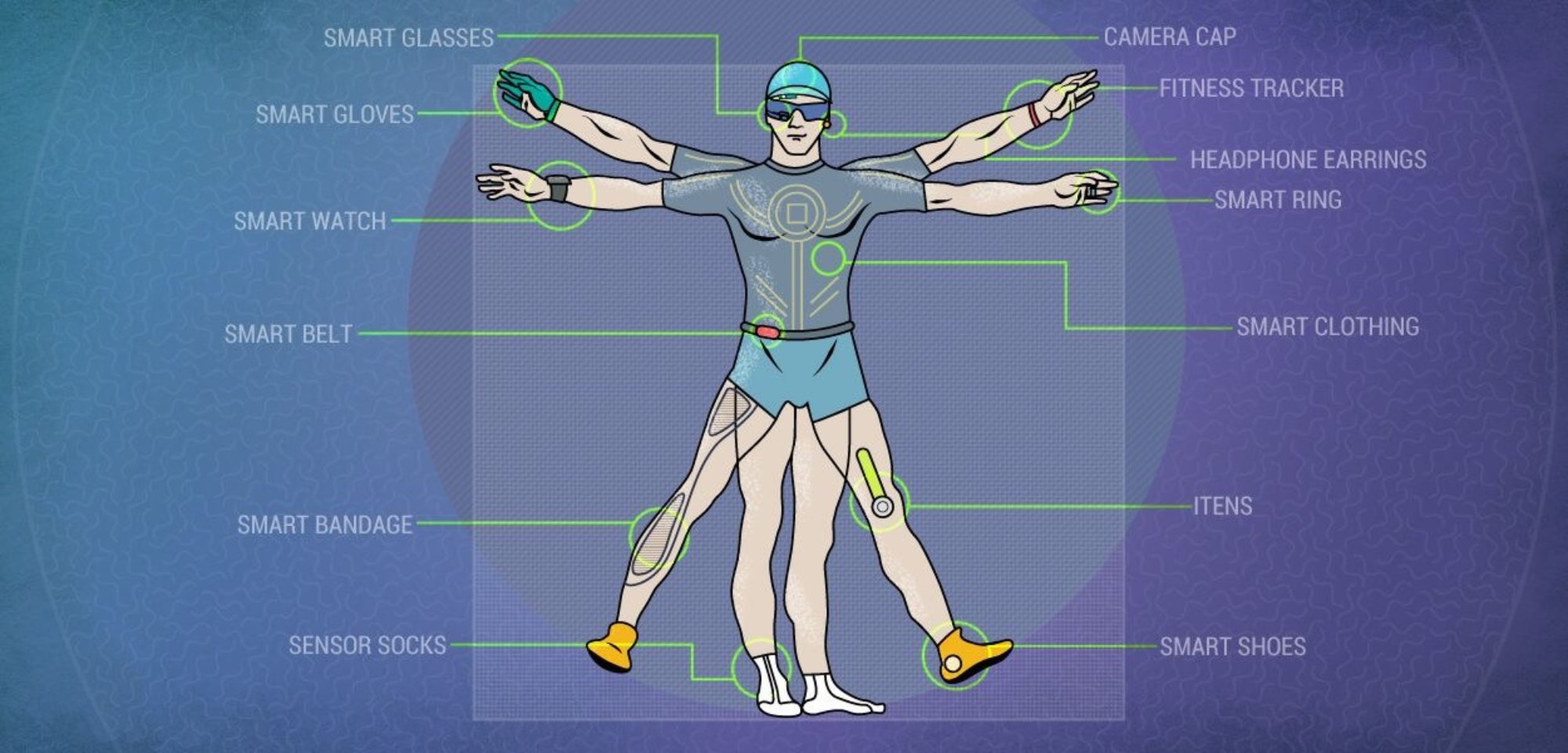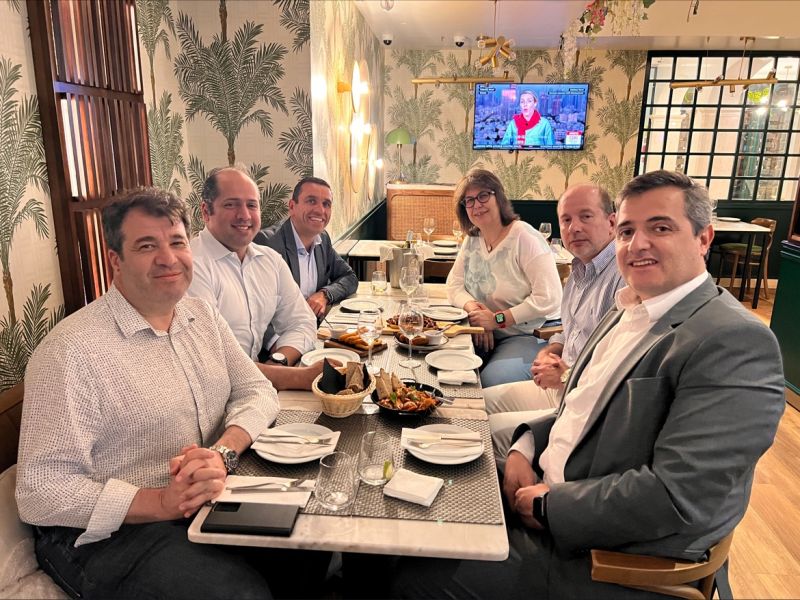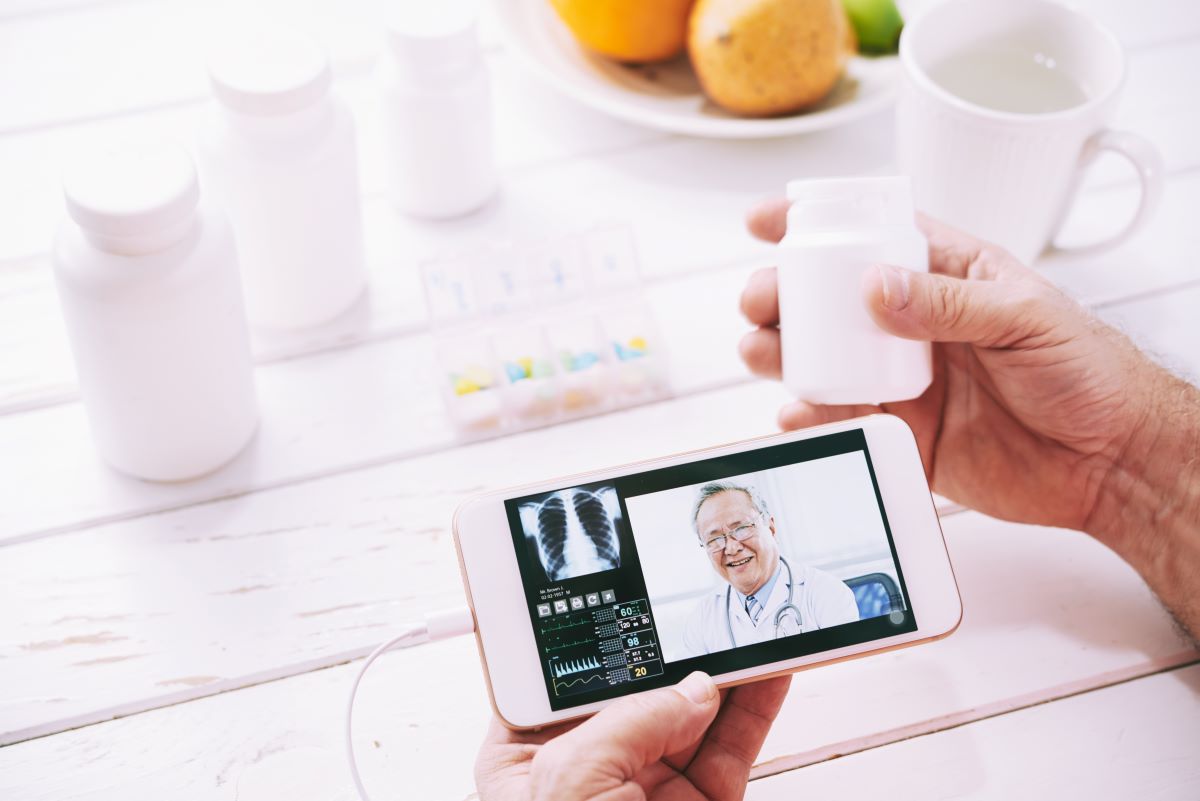How can stakeholders harness the potential of healthcare wearables to revolutionise the care continuum while successfully navigating legislative and technical risks? HealthManagement.org spoke to Global Top 100 Digital Health Influencer, João Bocas for his insights.
Is there a danger of health wearables developers being blinded by technology and losing sight of what a healthcare wearable is for?
Yes, absolutely. There is always a risk of becoming side tracked and not fully focusing on understanding what the real problem is that we are trying to address. I believe that understanding the process that we are trying to change is extremely important, before we can apply any technological improvement to contribute to the solution or improved outcome.
What do you think the top risks existing in the health wearables sector are right now?
I strongly believe that understanding the value of the data can be an issue – in other words, what relevant data can be used and is it reliable? If we are talking about medical interventions, we need clinically validated data. And we are still a long way off from achieving this. Furthermore, collection of data from different entry points is extremely challenging and adding another layer of complexity will not help. The question is, how can we make sure that patients use a wearable for a sustainable period of time? Otherwise all these efforts are worthless.
How can stakeholders mitigate these risks?
By making sure that they think about all these challenges ahead and plan carefully. It’s important to ensure that they have processes and procedures in place.
Is there anything legislators can do to encourage and support health wearables development? Are there any particular roadblocks that need to shift?
I believe that we need a best practice framework before we should legislate effectively. Legislators need to understand healthcare inside out before they should attempt to legislate. It’s a very complex industry like no other.
You speak extensively. What in your view are the wearables themes that are concerning the sector right now?
I really like the idea of augmented reality intersecting with health parameters. For example, imagine a wearable that enables you to receive and make calls, listen to music, gives information about the weather conditions and at the same time acts as a “Health Friend” capturing relevant health vital insights from your body functions such as heart rate, body temperature, respiration rate and even blood pressure. My audiences are amazed by what is possible right now, but, at the time, waiting to see what will happen next. The Wearable Tech world is evolving really quickly. The next two to three years will be incredibly exciting.
Do you have any advice on how incorporation and implementation of health wearables can be scaled up in healthcare facilities?
It can be very challenging to implement new solutions at first. I would recommend that healthcare organisations take time to understand the fundamentals of what’s possible in practical terms and take time to analyse and evaluate existing methodologies and solutions before adding novice technologies otherwise it could be a recipe for disaster. We know that healthcare professionals have extremely limited time for training. Understanding the usage of new innovations is not always their priority due to high-stack working demands. Lastly, I would advise healthcare organisations to validate, scrutinise and evaluate new possible solutions before entering a scaling up operation. Very often highly innovative solutions do not work best in healthcare facilities or hospital settings.
What role can cognitive technology play in improving healthcare wearables?
There is huge potential for emerging cognitive technologies to revolutionise healthcare and I think they can. If we talk about Machine L earning and Artificial Intelligence for example, their potential is huge in diagnosing, treating, bringing cutting-edge advances from research and much more. However, there is also a concern that depersonalised and less humanistic interventions can surface.
Finally, what is exciting you most about the potential for healthcare wearables?
The potential for wearables to be used in the healthcare of the future is great. We are already witnessing great advances with practical use cases in clinical and home care settings. Innovative products are facilitating and enabling monitoring people remotely, for example, and relevant health data and changes of behaviour can be communicated and acknowledged in real time. Therefore, early interventions and a less reactive approach can be implemented when dealing with patients. I believe that we still have a long way to go in terms of having wearables that are more personalised and work around each individual’s needs.
João will be a Keynote Speaker at Week of Health and INN ovation (WHINN ), 10 – 12 October, 2017, Odense, Denmark, whinn.dk and The Convention for Innovation and High-Tech in Medicine (XPOMET ), 21 – 23 March, 2018, Leipzig, Germany, xpomet.com.





